Traditional music nearly always plays in the background at a strawberry farm tucked between the mountains in Quebec's Laurentians, northeast of Mont-Tremblant.
Five thousand kilometres away from their homes in Mexico and Guatemala, more than 180 migrants live and work in these fields temporarily.
"The music motivates us to work, to think about family. To continue, day after day," says Oscar, 31.
They play Guatemalan marimba ensembles and Mexican bands like Los Bukis and Los Ángeles Azules.
"It encourages us to continue and to struggle for our family," says his co-worker Adelmo, 27.
"It reminds us of home."
Loudspeakers are tucked under an awning attached to a tractor that leads them through the Pitre farm’s fields, 24 rows at a time.
Forty-eight men pick strawberries under the awning at once. Backs are hunched as arms reach out and grab fruit in fast motions.
This season, the workers were expected to pick four million strawberries amid a string of heatwaves that ripened the fruit seemingly all at once.
Days stretched up to 18 hours, they say.
"We endure so much abuse just so we can give a good future to our children, our families," Oscar told CBC in a series of WhatsApp messages in Spanish after a reporter and camera operator visited the farm this fall.
Oscar and Adelmo are names CBC is using to protect the Guatemalan workers' identities, as they fear repercussions for speaking out about their working conditions.
Dozens of workers like them have decried poor living and working conditions here this year. A number of them left the farm altogether.
At the end of the long days, the workers say, they returned to cramped living spaces, with bunkbeds and tight rows of stoves and fridges. Everyone had to wait their turn to cook.
Few hours were left for sleep.
Adelmo said some had nicknamed the farm "the prison."
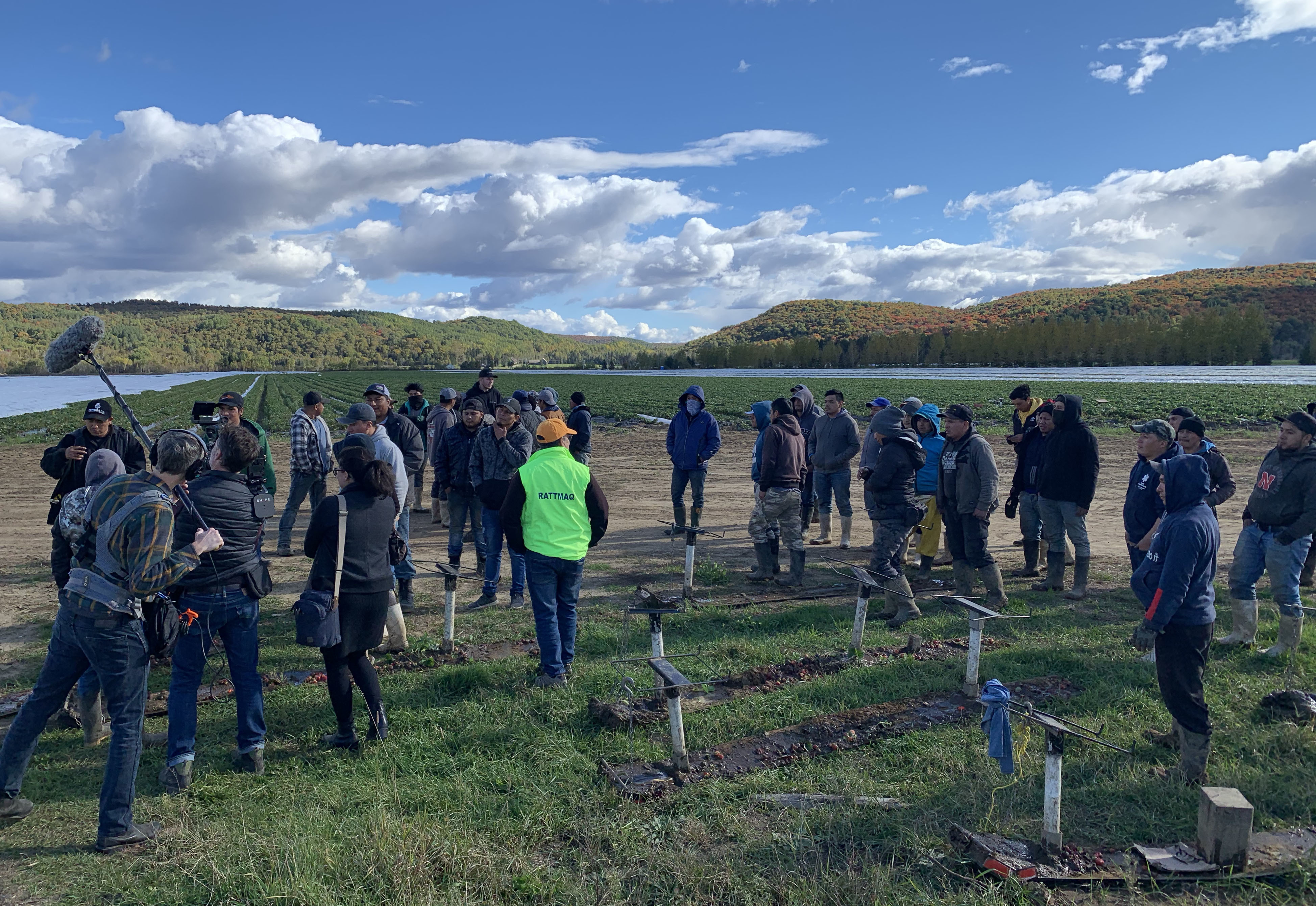
Advocates say what happened at the farm this year is emblematic of the issues with Canada's temporary foreign worker programs.
For decades, thousands of migrants have spent most of the year in Canada away from their families, working long hours on low wages with few days off.
Canada's food security depends on them, yet this country provides few ways to protect their rights and no real path to citizenship.
The pandemic has shed light on how essential migrant workers are and how the system they work in is rife with abuse. Now more of them are pushing to change that.
"The problem isn't a lack of rights, it's the absence of enforcement of those rights," said Vivianne Landry, who co-authored a report on the exploitation of temporary migrant agricultural workers in Canada published earlier this year in the Journal of Migration and Health.
"It's easy to close our eyes to their existence, but when you look into it, you realize how essential they are."
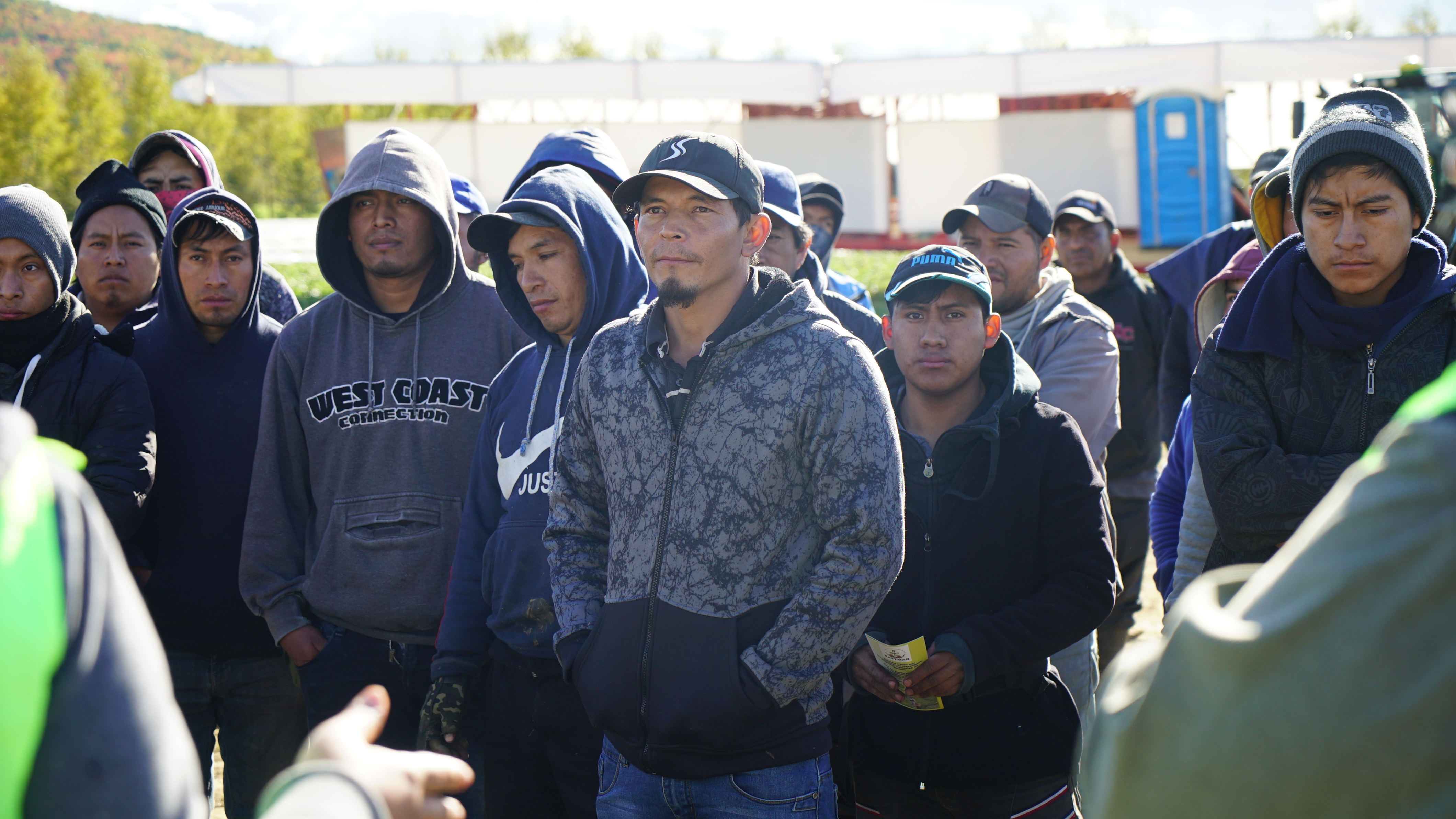
CBC went to the farm in late September, when a group defending temporary foreign worker rights in Quebec, the Réseau d'aide aux travailleuses et travailleurs migrants agricoles du Québec (RATTMAQ), made an unannounced visit.
For about an hour, co-owners and brothers Jérémie and Jonathan Pitre argued with the group over the allegations it had received from workers.
They allowed CBC to film and record the conversation before inviting us, a documentary film crew, and the group onto one of the fields.
The result was a rare opportunity for the group and for reporters to speak directly to workers.
Though few of the workers were comfortable speaking out with the owners standing nearby, group members say they had never been accorded that kind of access by a farm before.
CBC got rare access to a strawberry farm this fall to speak to workers and the employers about working conditions
"It's very special, this opportunity we have right now to be speaking to the workers so openly," said Maria Fernanda Islas Cortez, one of the advocates who spoke to workers in the field.
Despite the brothers' openness and assurances that they are improving conditions, RATTMAQ received messages after the visit from 38 more workers with complaints about the farm.
Family startup to strawberry royalty in 6 years
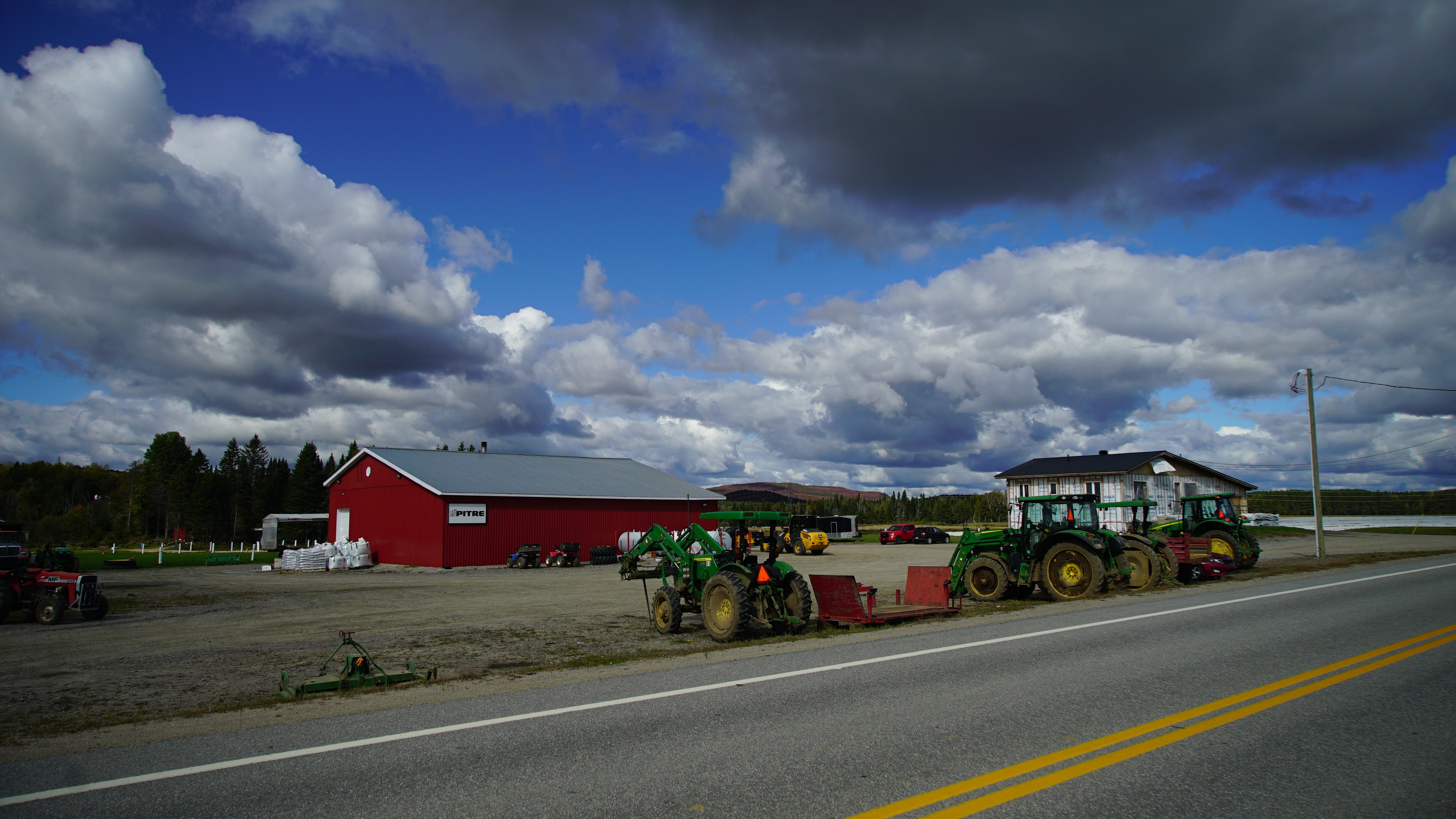
Brothers Jérémie, Jonathan and Olivier Pitre, who are in their mid to late twenties, founded the farm in 2016 in the small municipality of Lac-des-Écorces near Mont-Laurier, 200 kilometres north of Montreal.
At first, they had help from six migrants. This year, nearly 200 temporary and season workers toiled in the fields.
But, as CBC reported earlier this month, the season became chaotic as the brothers scrambled to keep up with a larger harvest in scorching temperatures.
Meanwhile, they had just secured a coveted contract to sell the Pitre farm strawberries to Costco, according to a column published in La Presse in August.
Still, the brothers say their company's growth has been "calculated" and that they've been able to keep up.
"We grew fast because we're proactive people. We're not afraid of hard work," Jonathan Pitre said.
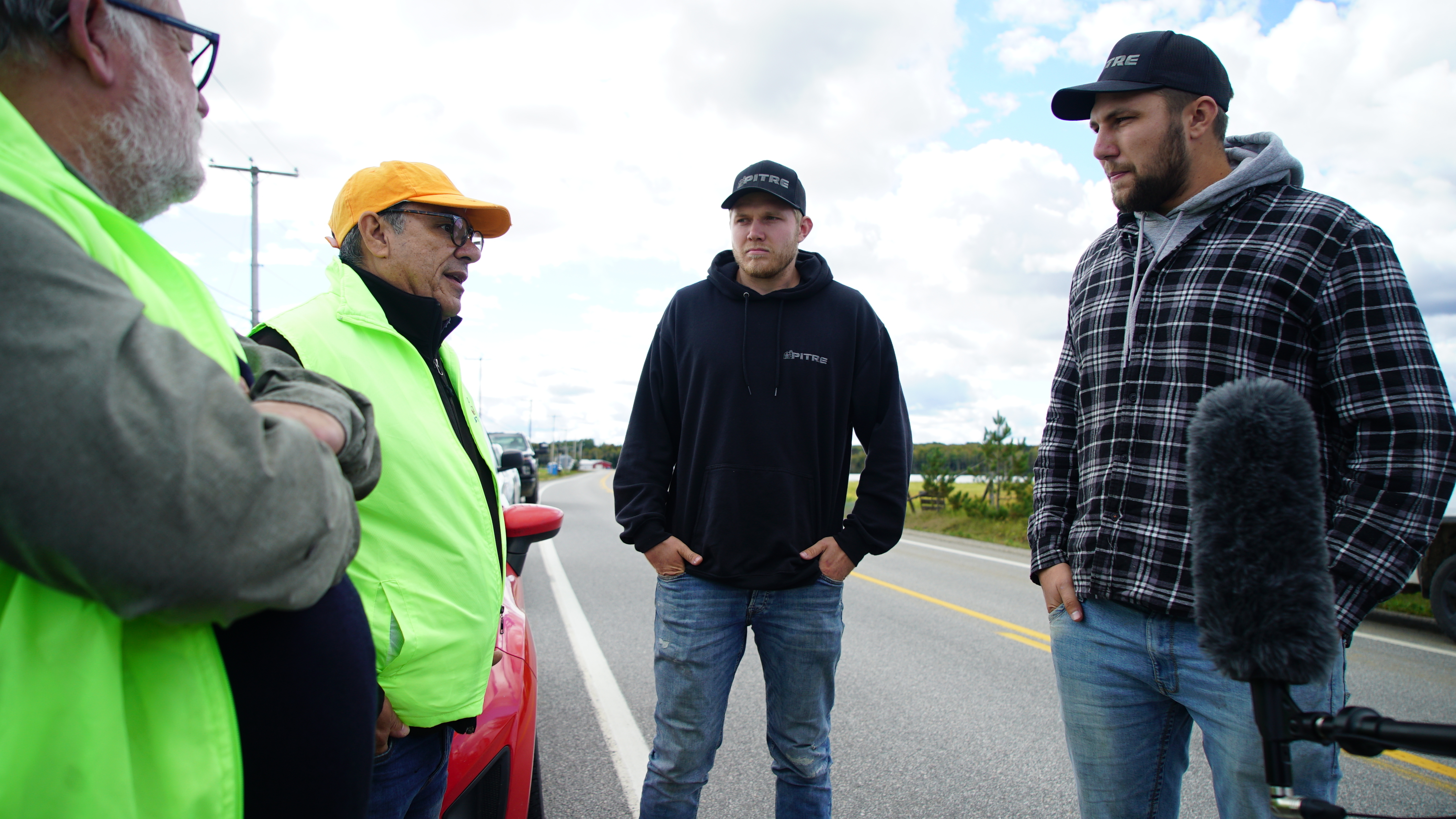
'You could hear people moaning from the pain in their backs'
The Pitre brothers have been able to grow their business so quickly, in part, thanks to a tractor attachment they invented.
It is a large tent-like structure spanning 24 rows of strawberries, enabling workers to pick without carrying boxes and therefore to work faster.
The contraption, which CBC saw when it visited the farm and which the owners and workers call the "machines," includes a toilet, and lights so workers can pick after dark.
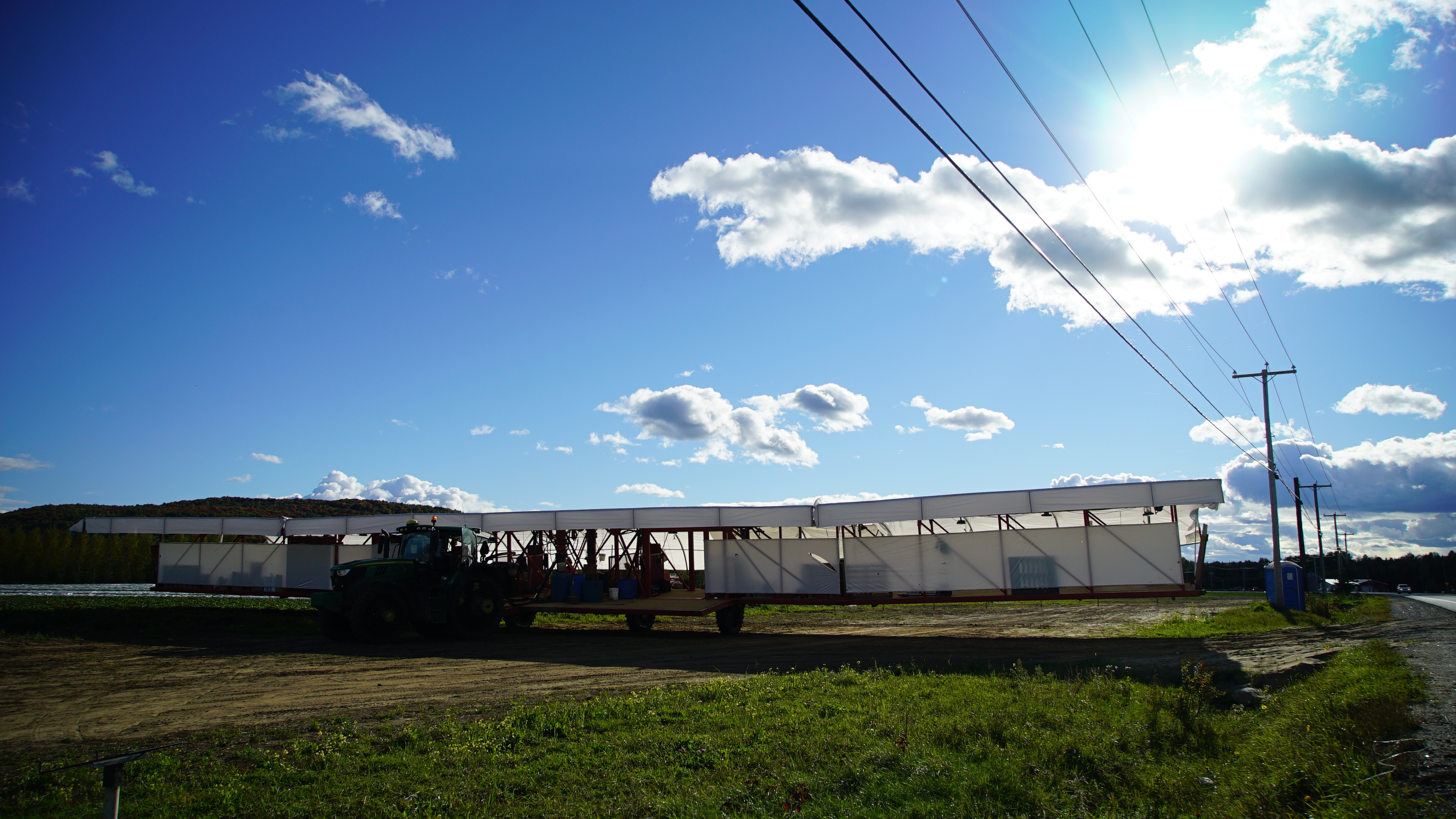
Oscar and Adelmo say they've worked as late as midnight, after starting at 4 or 5 a.m.
CBC viewed pictures and videos of the workers picking in the dark, under the lights of the machine.
"It was very hard. We felt pain. You could hear people moaning from the pain in their backs," Adelmo said in a WhatsApp message. "It's hard for me to write about it."
The two men explained that workers are assigned to different machines.
Workers can expect different treatment depending on which machine they are at, Adelmo said, calling the leader of the one he works at "cruel, without any compassion."
"I think we experienced psychological damage because we were scared every time the boss came by," he said.
The brothers defend themselves against allegations of poor working and living conditions, saying those allegations stem from misunderstandings and that they're building new facilities to reduce the number of workers having to sleep in each room.
They say the person in charge of overseeing migrant workers grew ill and they hadn't been able to replace him, but that they have now found three people fluent in Spanish to work in human resources next year.
"The well-being of our workers is one of the most important things to us," Jérémie Pitre said.
"There would be no strawberry industry in Quebec without migrant workers."
The especially long days this season were optional, he and his brother said, alleging they asked the workers if they wanted to help them save the crops, and that some had opted out.
But Jérémie Pitre said the farm plans to hire more migrants next year so they won't have to work such long hours.
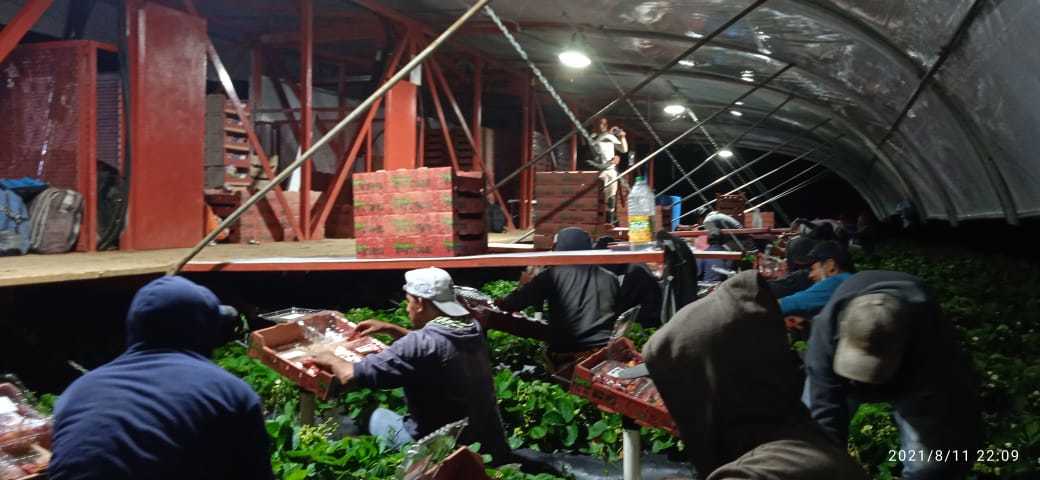
Inspections conducted by industry association
On the surface, it can be hard to understand why the workers' and the owners' statements are so different.
According to Edward Dunsworth, an assistant professor at McGill University, employers often say they have no choice but to employ migrant workers because of labour shortages.
"But it's not really accurate," Dunsworth says. "These places offer minimum wage in isolated rural locations with dangerous jobs. Of course they don't have local people signing up to do them."
The workers' permits are also tied to a single employer upon whom they rely to be nominated every year.
"It just really creates a disincentive against complaining or being sick, or having any other, you know, human needs," Dunsworth said.
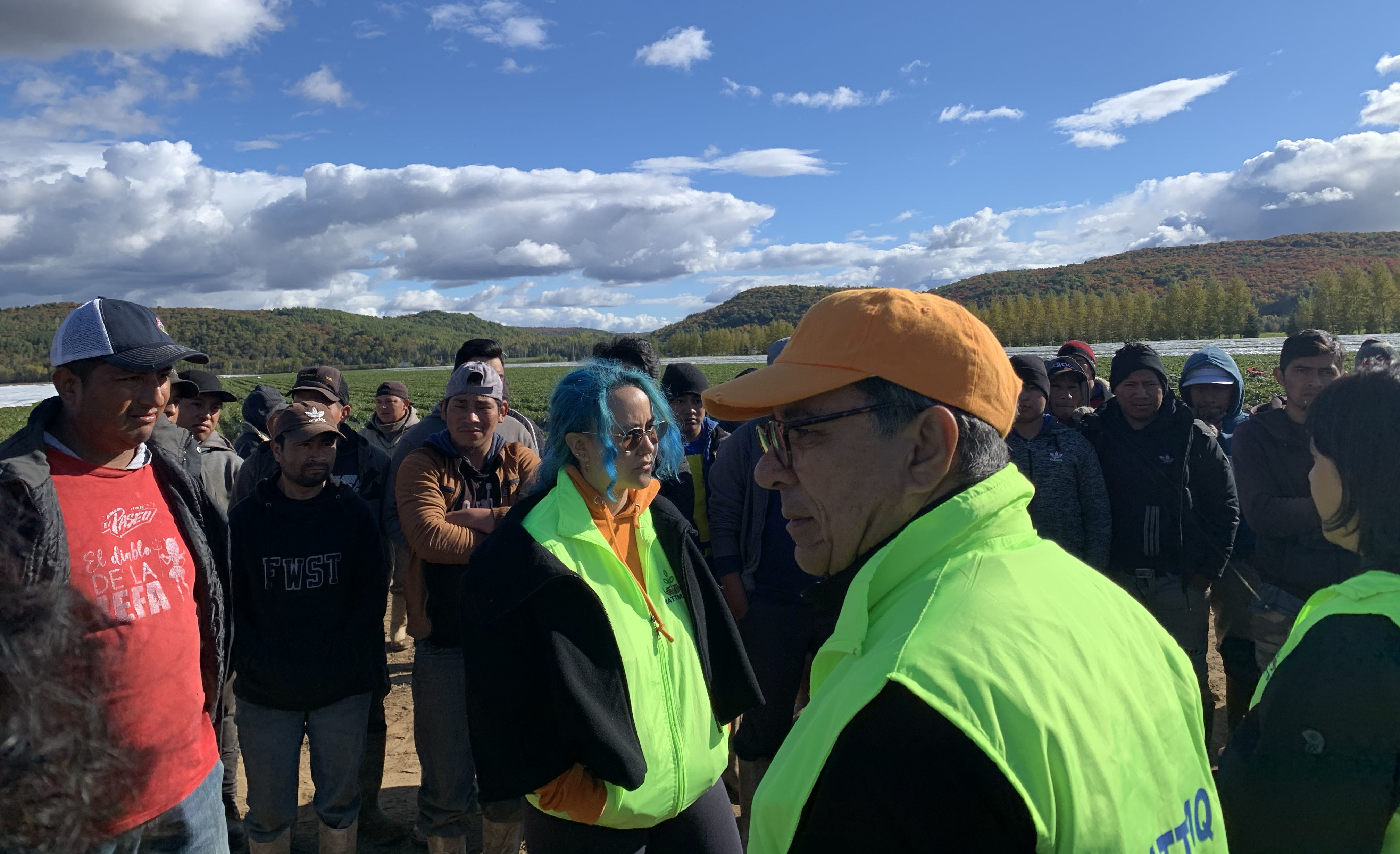
A worker can apply for an "open work permit for vulnerable workers," after making a complaint to the federal government but the bureaucratic process involved discourages people from going through with it.
Those complaints rarely lead to investigations, advocates say.
FERME, an association of Quebec farmers, is responsible for most of the oversight in the province, which RATTMAQ says is a conflict of interest.
The worker advocacy group is calling for open permits that would enable workers to change employers within sectors, such as agriculture or food processing.
"A significant feature of the program is that it creates precarity," said Veena Verma, a human rights lawyer who has conducted extensive research about migrant farm work in Canada and who is now a consultant on global development projects at Alinea International.
Verma and Dunsworth say the program's structure makes it difficult to hold employers accountable. They can send a worker back to their country at any point.
'Grounded in early racist immigration policy'
They say the systemic issues associated with the program are becoming more apparent not only because of pandemic restrictions — but due to increased migration related to climate change and the industrialization of farming in Quebec and Canada.
"You're just permanently on this treadmill, going back and forth, and there is no end of it," Dunsworth said. "There is no ability to stay."
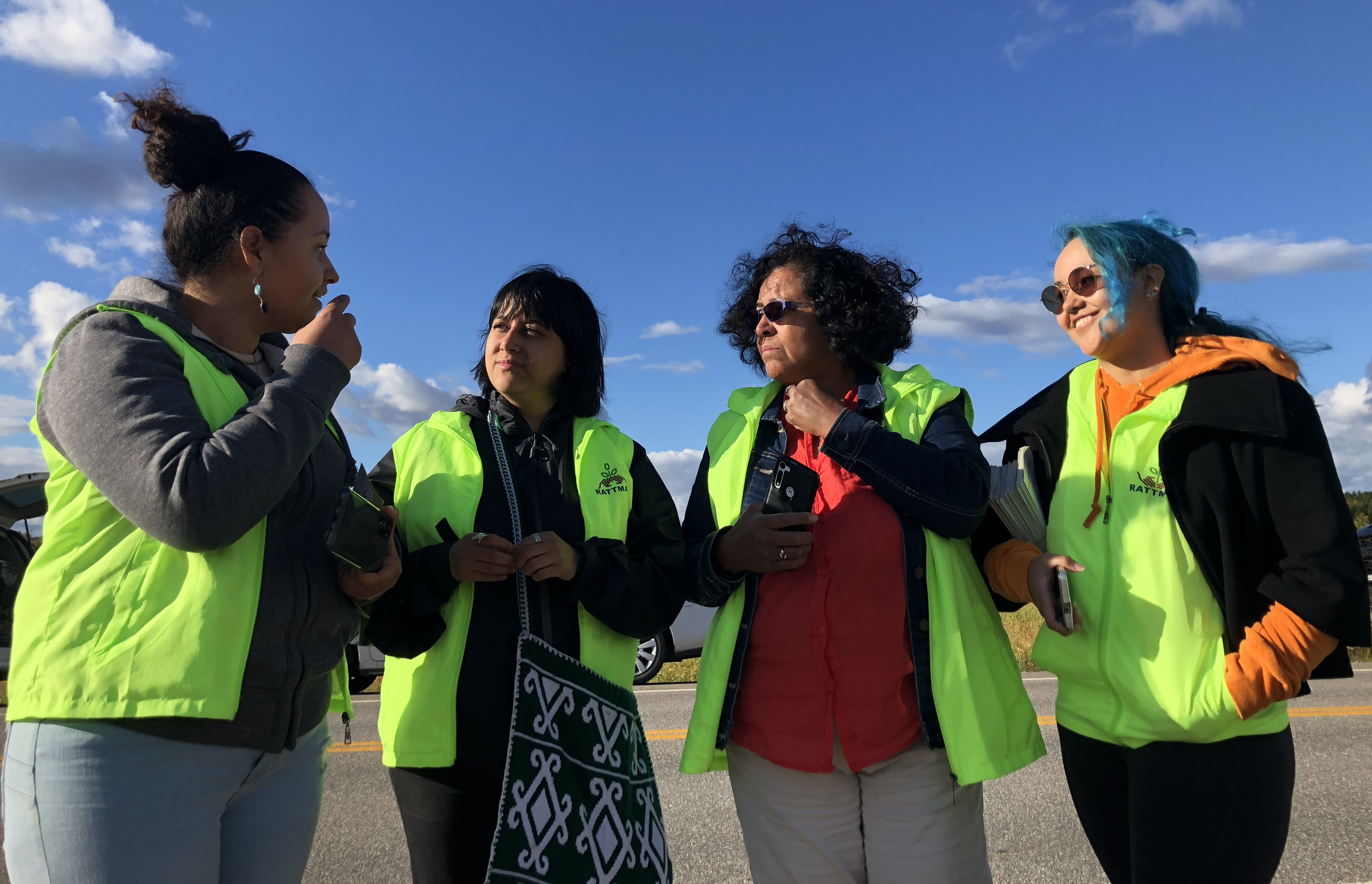
A memo written by the assistant deputy immigration minister in 1966, when the program was being drafted and included mostly Caribbean countries, provides a reason for why it is temporary.
It cites "a concern … of a substantial increase in Negro immigration to Canada."
Verma quoted the memo in a 187-page report she authored in 2003, noting the program was "grounded in early racist immigration policy."
CBC asked Immigration, Refugees and Citizenship Canada if it was considering allowing open work permits for temporary foreign workers.
In an email, a spokesperson referred to the right workers have to request an open permit if they are mistreated.
"In addition, a public policy has been in place since May 2020 that allows migrant workers in Canada who have lost their job or are changing jobs to start work right away while their work permit application is processed," the spokesperson, Nancy Caron, wrote.
"We continue to strengthen inspections and are committed to looking at additional steps we can take in order to better protect workers’ health and safety."
Pushing for change
Alejandro Estivill, the Mexican consul general in Montreal, says the consulate has been pushing for changes to the program, asking for better pay and more government oversight.
"The pandemic obliged the Mexican government to be much more keen about pushing for conditions that could guarantee the well-being of the workers," Estivill said.

Estivill said the way things are set up makes it easy for employers and workers "to get into a relationship that is not protecting the good health and good work conditions," adding that sometimes workers become exhausted after believing they can work more hours for extra cash.
He said the consulate is in talks with Canada "to try to establish a complete review," but said the federal government has been slow to make a commitment.
Employment and Social Development Canada says the government is going over feedback it received in a consultation last year on migrant worker programs — including a survey RATTMAQ conducted of 675 workers in which a third said their living conditions were mediocre and seven per cent said they were bad or very bad.
Where's home?
Adelmo and Oscar said they came to Quebec because it was hard to find work at home and they had to support their families and their children's education.
Adelmo said it took him nine years to get a spot in the program. In Guatemala, he made the equivalent of $7.50 a day. Here, he makes twice as much per hour.
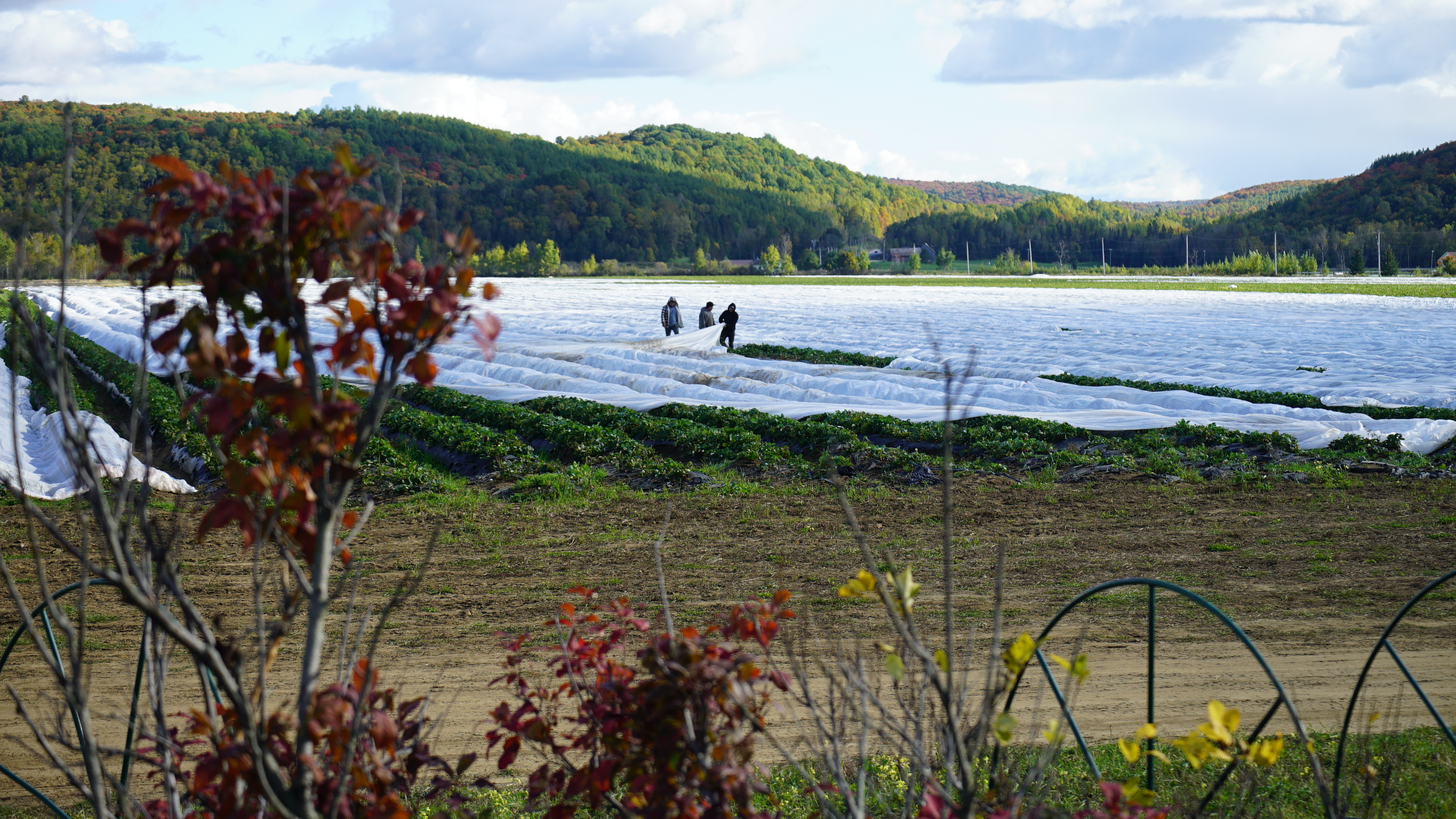
He says it was important for him to denounce the situation at the farm because he realized he and his colleagues weren't properly informed of their rights.
But he still hopes to be called back by the Pitre brothers next year. His two children's futures depend on it, he says.
"I have no choice. For me this job is everything," he said.
